
Do you have confusion about which type of dentist is right for you? Let's look at the differences between dental specializations.

Licensed and board-certified dentists are prone to working and owning private dental practices. Many times, they don't work alone but with dental technicians, dental hygienists, and dental therapists. A general dentist practice is accessible for routine cleanings, exams, or care instruction. Your oral care is vital to your overall well-being.

Orthodontia refers to the sector of dentistry that aligns the teeth and jaws. Dentofacial Orthodontics, a specialty in Orthodontia, focuses on facial growth abnormalities. Braces, retainers, and wires are the most common treatments offered by Orthodontists.

The Pediatric Dentist teaches children and young adults how to maintain good oral hygiene from the start. Pediatric Dentistry handles routine exams to detect irregularities and prevent them from affecting children's growth and development.
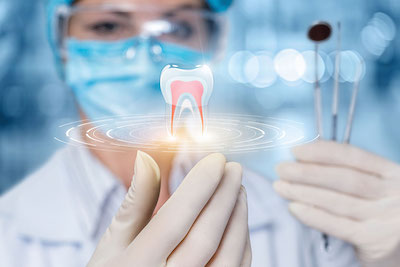
The branch of dentistry focusing on teeth preservation and restoration by treating the surrounding root tissues is called Endodontics. Endodontists use intricate techniques, such as root canals, after diagnosing tooth pain due to non-maintained or impaired teeth.

Periodontics, a dental specialization, centers around gum health and the well-being of the supporting teeth structures. A patient's general dentist often refers them to a Periodontist to treat advanced gum disease. To become a Periodontist, you will need to complete additional education to learn how to treat periodontal disease, plus maintain and repair dental implants.
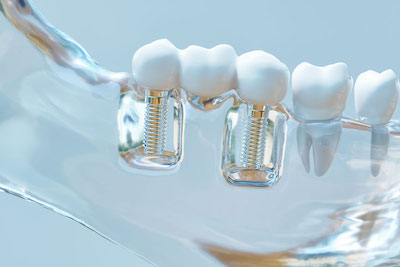
Prosthodontics can be referred to as prosthetic dentistry. This branch of dentistry is concerned with restoring teeth function and oral well-being by using artificial substitutes, in particular dentures, crowns, or veneers. These intricate cosmetic procedures are well-executed due to the Prosthodontist's specialized skills.

An anesthesiologist for dentistry studies pain management across the entire body, not simply dental areas. These specialists are able to administer anesthesia or sedation to manage pain or patient anxiety. Because of their extensive knowledge about body pain, Dentist Anesthesiologists can be found in both private and hospital settings.
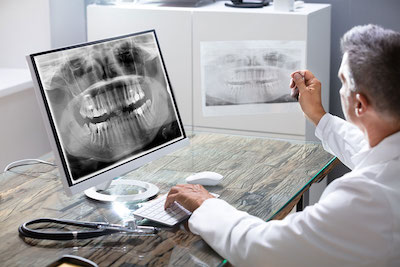
Oral & Maxillofacial Pathology dentists are able to diagnose and treat diseases affecting the mouth and interconnected structures. Oral & Maxillofacial Pathology can also be called Head & Neck Pathology. A Maxillofacial & Oral Pathologist will assess not only clinical but lifestyle factors to determine the cause of a diseased area.
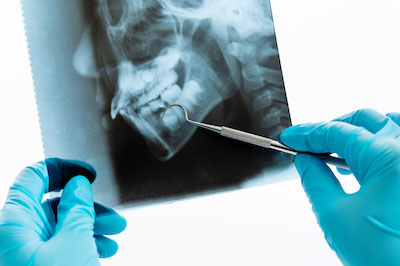
Oral & Maxillofacial Radiology examines the head, face, and mouth using CT and MRI scans to discover if facial abnormalities or diseases exist. You can find Oral & Maxillofacial Radiologists in the private sector as well as in education.

Oral & Maxillofacial Surgery dentists are trained in treating injuries and diseases of the neck, jaw, and face. Due to their sophisticated procedures, it could take over a decade of studying to become an Oral & Maxillofacial Surgeon.
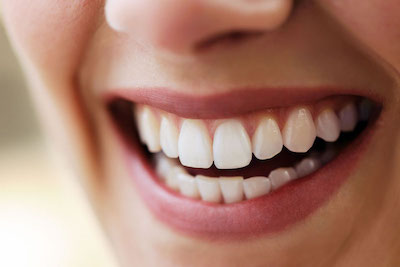
Dental Public Health dentists are dedicated to improving the oral health of the entire community and not just for individuals. These selected dental experts determine dental standards and evaluate dental concerns to decide whether they should be treated as an issue of public health.